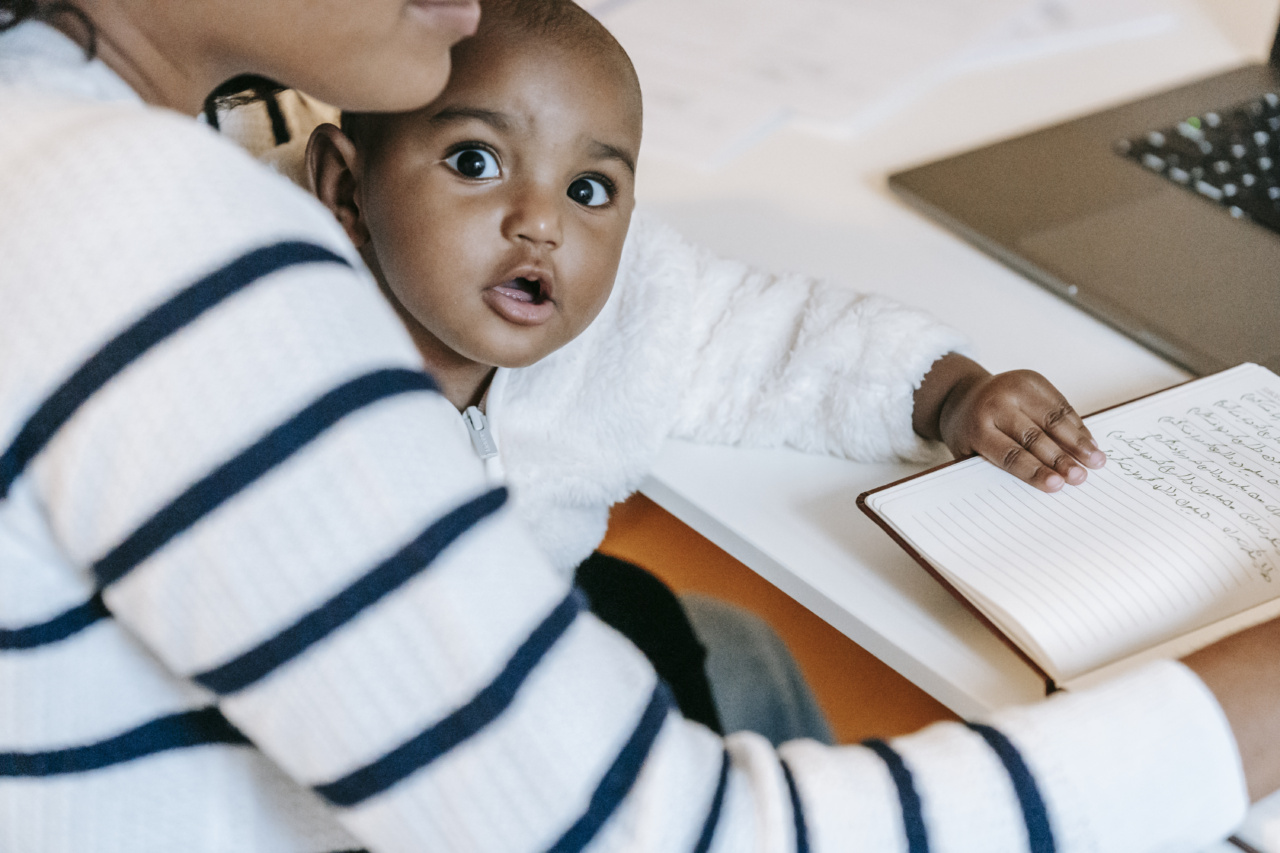A mother was recently caught on camera slapping her son in public, and the video went viral online. The incident has sparked a heated debate about parenting, discipline, and boundaries.
The Video
The video was taken by a bystander who witnessed the incident while walking down the street. In the footage, you can see a mother and her young son walking on the sidewalk. The boy appears to be about seven or eight years old and is holding a toy truck.
As they walk, the boy starts to run ahead of his mother, and she calls out to him to slow down. When he doesn’t listen, she slaps him hard across the face, causing him to drop the toy truck and fall to the ground.
The video ends with the mother berating her son and dragging him away by the arm, while he cries and screams in pain.
The Reaction
As soon as the video was posted online, it quickly went viral, with millions of people around the world watching and sharing it on social media. Many people were shocked and appalled by the mother’s behavior, calling it abusive and cruel.
Others, however, defended the mother, arguing that she was simply disciplining her child and that slapping is a common form of punishment in many cultures.
The debate has raged on for days, with people on both sides presenting their arguments and counter-arguments.
The Psychology of Discipline
Disciplining a child is a complex and challenging task, and there is no one-size-fits-all approach that works for every child or every situation.
However, experts in child psychology agree on some general principles that parents should keep in mind when setting boundaries and enforcing rules.
Firstly, discipline should always be age-appropriate and tailored to the child’s individual needs and temperament.
Younger children, for example, may respond better to positive reinforcement, such as praise or rewards, while older children may need more structured consequences, such as time-outs or loss of privileges.
Secondly, discipline should be consistent and predictable. Children need to know what is expected of them and what will happen if they fail to follow the rules. This helps them feel secure and develop a sense of self-discipline.
Thirdly, discipline should be focused on the behavior, not the child. Criticizing or shaming a child for bad behavior can damage their self-esteem and make them less likely to want to improve.
Instead, focus on the action and its consequences, and work with your child to find positive solutions and alternatives.
The Culture of Corporal Punishment
One of the most contentious issues in the debate over parenting and discipline is the use of physical punishment, such as spanking or slapping.
While some cultures see these methods as acceptable or even necessary, others view them as harmful and abusive.
In the United States, for example, most states allow parents to use “reasonable” physical discipline on their children, as long as it doesn’t cause significant harm or injury.
However, the American Psychological Association has taken a strong stance against the use of spanking, arguing that it is ineffective and can lead to negative outcomes, such as aggression, depression, and anxiety.
Other countries, such as Sweden and Finland, have banned all forms of physical punishment of children, including spanking and slapping.
These countries have seen a significant decline in child abuse and a positive impact on children’s well-being and development.
The Importance of Parental Support
Regardless of which method of discipline a parent chooses, the most important factor in successful parenting is the loving and supportive relationship between parent and child.
Children thrive when they feel valued, heard, and respected by their parents, and when their parents provide them with a safe and stable environment.
Parents should also be aware of their own emotions and triggers, and seek support and guidance if they feel overwhelmed or out of control.
This can include talking to a therapist, joining a parenting support group, or reading books and articles on child development and behavior.
Ultimately, the goal of parenting is to raise happy, healthy, and responsible adults who can contribute positively to their communities and to the world. This requires patience, empathy, and a willingness to learn and grow as a parent.
Conclusion
The viral video of the mother’s slap may have shocked and appalled many viewers, but it has also sparked an important conversation about the role of discipline and the boundaries of parenting.
While there may be no easy answers or universal solutions, we can all strive to be better parents and caregivers, and to create a world where children are valued, respected, and loved.




























